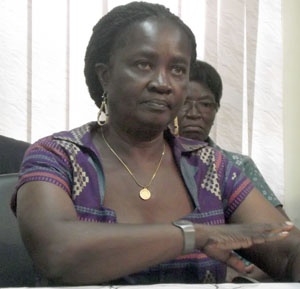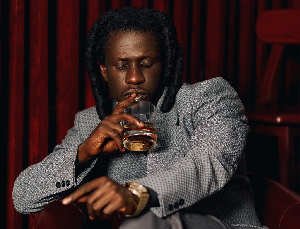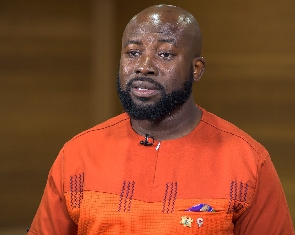All the major public universities in the country are now reeling under the shortage of teaching staff as they compete for a shrinking pool of young talent, at a time when policymakers have tightened qualification requirements into the teaching field.
The National Council for Tertiary Education (NCTE) has found that the 2,676 academic staff in all the eight public universities is inadequate to teach and supervise the academic work of more than 128,326 students. The situation, they observed, is affecting the quality of education amidst concerns that teachers are being asked to do more work for less reward -- pushing down the attractiveness of school-level teaching as a career.
B&FT analysis of data provided by the National Council for Tertiary Education indicates that of the total academic staff in the universities, 317 are professors/associate professors while 514 are senior lecturers, with 1,490 and 354 being lecturers and assistant lecturers respectively. According to the data, this does not take into account the academic staff strength of KNUST; only one person is classified as a tutor in all the other public universities.
The ratio of academic population to the student population is six times more the required internationally acceptable student-to-teacher ratio in all disciplines.
For instance, student-to-teacher ratio in business programmes currently stands at 161:1, which is against the normal standard of 27:1. Also, medicine, which is supposed to be 12:1, is now at 30:1 and such abnormal proportions run through all the other courses such as applied sciences, engineering, humanities, science, presenting a major issue of concern to policymakers.
Professor Joshua Yindenaba Abor, Dean of the University of Ghana Business School, explained to the B&FT that the gap in student-teacher ratio is the result of high demand for tertiary education, especially for business education, which has increased the number of students in the university with few lecturers to meet the demand.
In addition, he said, universities are cutting down cost of how much they spend, as well as the government freeze on public university recruitment.
“There are also few people who qualify to teach at the university level, because to lecture at the university demands the minimum requirement of a doctorate. And there are not many people with such qualification as compared to the number of student that apply for university education,” he said.
Mr. Perry Ofosu, the Registrar at the Ghana Institute of Journalism (GIJ), added that there are currently few people with doctorate degree in communication studies in the country, which has forced the institute to sponsor more lecturers to undertake doctorate programmes to enable the institute have the required teaching staff.
"There is difficulty in recruiting MPhil holders because NCTE does not allow them to lecture; and even if you take them, within 3 years they need to start their doctorate and we don't have PhD programmes in communication studies in Ghana.
"It is one of the reasons why we introduced Master degrees to train our own people and then sponsor them to do their doctorate and fill those gaps."
Currently, the teaching requirement for every university per standards of the NCTE is a doctorate degree, and all the public universities’ lecturers have been instructed to upgrade their qualification to a minimum of doctorate degree within the next five years.
Experts believe a major factor with regard to improving the quality of education in the country is the student-teacher ratio, and in a country where 30 percent of the total budget in 2015 went to finance the education sector, it is expected that infrastructure and other necessities such as teaching staff would be improved to meet the standard of quality education.
An amount of GH?6.7billion was allocated to the Ministry of Education out of a total amount GH?41.2billion budget for the year 2015.
It is estimated that with a global average of about 5 percent, Ghana spends over 6 percent of its Gross Domestic Product (GDP) on education. Ghana has one of the highest expenditures on education as a proportion of GDP compared to other countries.
In general, enrolment in university has accelerated since the 1990s when there were only government-owned institutions. The number of people enrolled in university -- including public and private -- stood at 183,687 in 2012/13, with public universities accounting for 70 percent of all students. In 1990/91 there were barely 10,000 people attending university in Ghana.
This means that the demand for higher education in the country has increased tremendously, and for teaching staff to meet the demand experts believe universities must start sponsoring people to attain the qualification requirement and thus enable more people to lecture in those institutions.
Regional News of Thursday, 19 February 2015
Source: B&FT













